Poppy Flanders
$4.49
Papaver Rhoeas
- Seed Count 3500
- Prolific Self Sower
- Annual
- Height 60 cm
In stock
Description
Poppy Flanders is known for its striking red petals that sway gracefully in the breeze adding a vibrant colour to your garden or landscape. Its delicate, tissue-paper petals radiate around a jet-black center, creating a striking contrast that commands attention without demanding fuss. The flowers perch atop slender, hairy stems with fern-like foliage that forms a subdued green carpet beneath.
This is a plant that thrives on neglect, adapting effortlessly to poor soils, full sun, and the kind of dry conditions that would wilt more finicky species. Its seeds, tiny and unassuming, have evolved to persist in the soil for years, waiting for the right moment to germinate. They bloom in late spring, their fleeting flowers lasting mere days before yielding to ornamental seed pods that add textural interest to gardens and dried arrangements alike.
Ecologically, the Poppy Flanders is a quiet ally. Its open-faced blooms attract pollinators whilst its seeds provide sustenance for small birds. It never dominates a space; instead, it mingles companionably with other flowers or cottage-garden favorites, its vivid hue punctuating meadows, borders, or even cracks in pathways with a splash of spontaneous colour.
Flanders poppies thrive in a range of settings, from casual cottage gardens to more structured arrangements. They provide a delightful contrast to lush greens and other floral colors. The blooms make an excellent option for filling out garden beds and borders and their airy and ethereal presence can soften hard lines in a garden design, creating an inviting atmosphere that draws the eye and engages those who pass by.
| Method: Sow direct or seedlings | Soil Temp: 10°C - 25°C |
| Cool Mountain: Nov - Dec | Position: Full Sun |
| Arid: Aug - Jan | Row Spacing: 30 cm |
| Temperate: Sep-Nov, Mar-Jun | Planting Depth: 3 mm |
| Sub Tropical: May - Oct | Harvest: 140 Days |
| Tropical: Jun - Aug | Plant Height: 60cm |
Soil and Location
Soil:
- Poppies prefer well drained, sandy loam with a pH of 6.07.0.
Location:
- Full sun is crucial; poppies thrive in areas that receive at least 6 hours of sunlight per day.
Growing from Seed
Cold Stratification:
- Some poppy seeds benefit from cold stratification, which mimics winter conditions.
- Read the article on cold stratification here.
Direct Sowing:
- Prepare a well-drained seedbed by loosening the soil and removing weeds.
- Sow seeds on the surface as they need light to germinate.
- No need to cover the seeds; just press them down lightly.
Growing in Trays:
- Fill seed trays with seed raising mix, water it, and then sprinkle seeds on the surface.
- Lightly press the seeds and mist with water.
- Keep in a warm, sunny spot and maintain moisture until germination, typically 7 – 14 days.
Transplanting Seedlings:
- Once seedlings develop a few true leaves and are about 5 – 7 cm tall, harden them off by gradually exposing them to outdoor conditions over a week.
- Transplant to a prepared garden bed or larger pots, spacing them 20 – 30 cm apart.
Watering and Care
- Keep the soil consistently moist until established; then reduce watering.
- Avoid waterlogging, as poppy roots are sensitive to excessive moisture.
- Fertilise lightly with a balanced fertilizer when seedlings are established.
Companion Planting
Poppies can benefit from being planted alongside certain plants.
Good companion plants include:
- Nasturtiums: Deter pests and attract pollinators.
- Marigolds: Help repel nematodes and other pests.
- Coriander: Can attract beneficial insects.
- Basil: Improves the growth and flavour of nearby plants.
Consider avoiding strong-smelling plants and those that compete for nutrients, such as garlic and onions.
Pest and Disease Management
- Monitor for pests like aphids and slugs.
- Using natural predators can help manage these populations.
- Ensure good airflow and avoid overhead watering to prevent fungal diseases.
Harvesting Seeds
- Allow the pods to dry on plants until they turn brown and brittle.
- Collect seeds and store them in a cool, dry place for future planting.
Order Times
Seed orders are normally dispatched within three business days. You will receive an email when seeds are mailed out.
Postage Days
Seeds are mailed out Monday to Friday at 1pm. Except for the Friday of long weekends.
Postage Times
WA 2-3 Days: SA,NT 3-5 Days: NSW, ACT, QLD, VIC: 5-7 Days
Carrier
We use Australia Post Letter Postage for the majority of orders
Not only are our seeds packed in recycled paper envelopes, we keep the theme going when we post out website orders. To protect your seeds from moisture and the letter box munchers (snails), we use a very special plastic free material made from plants. They are then put into recycled mailing envelopes. Green all the way 💚🌿

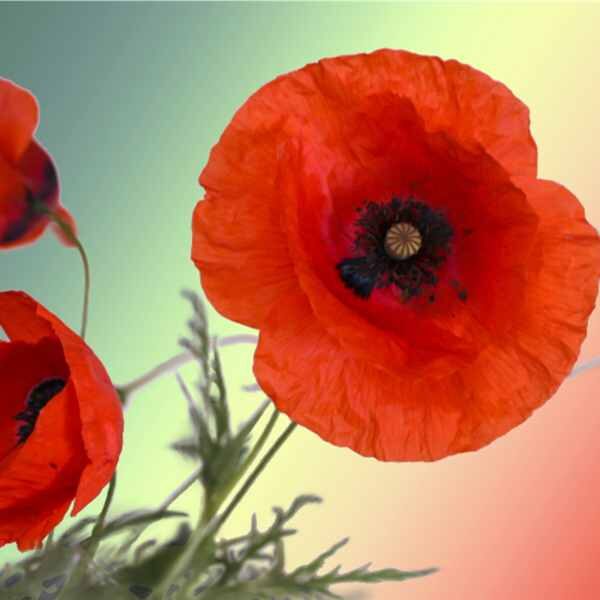
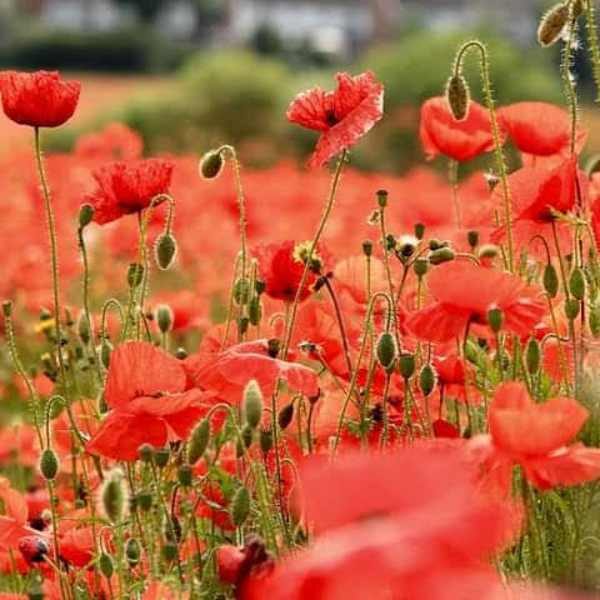
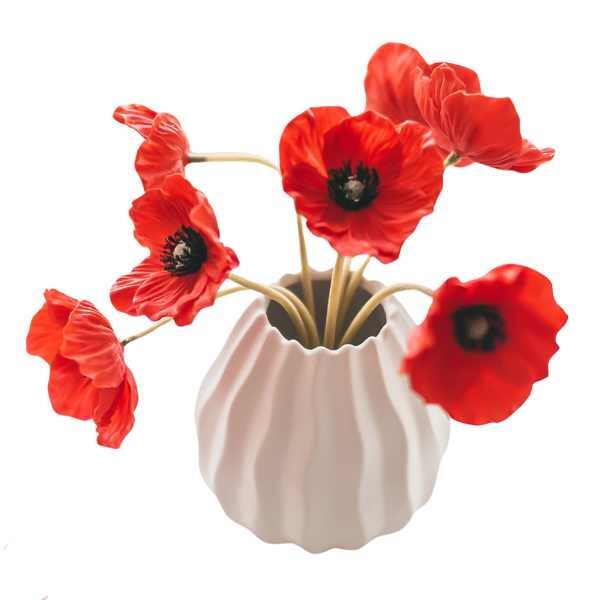
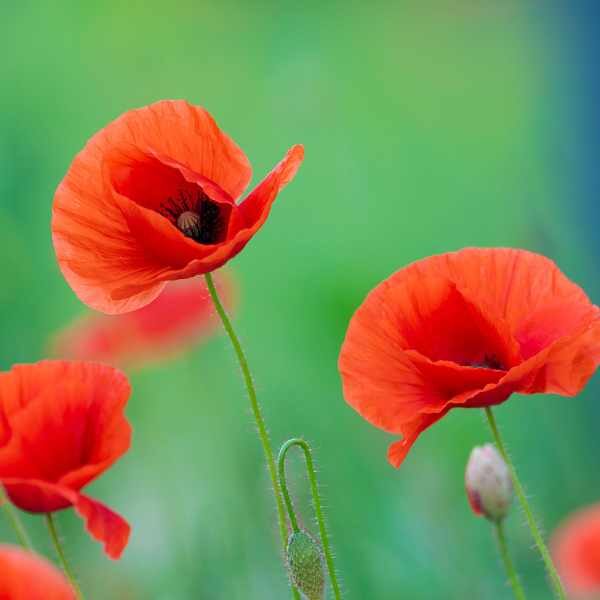

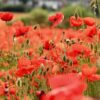
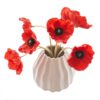
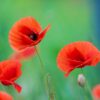
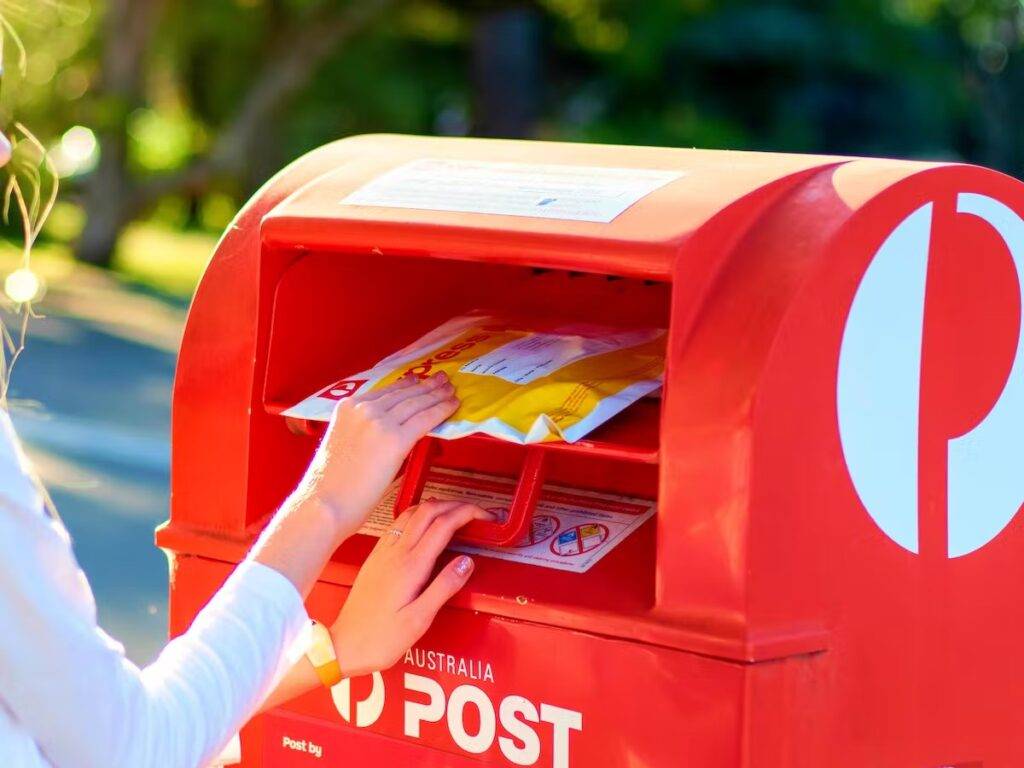
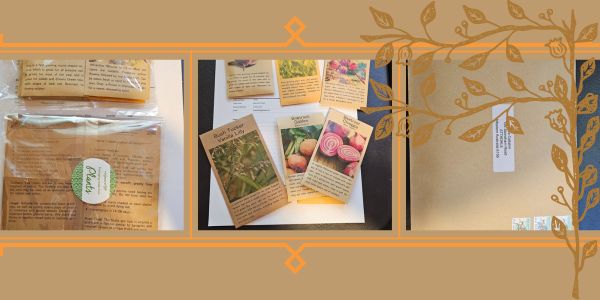
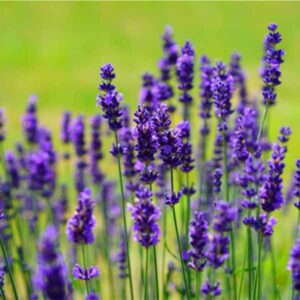

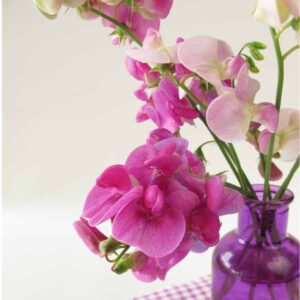
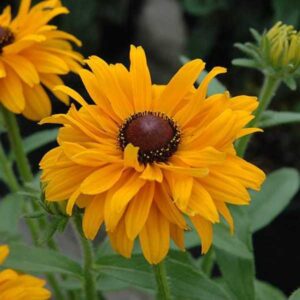 Rudbeckia Goldilocks
Rudbeckia Goldilocks 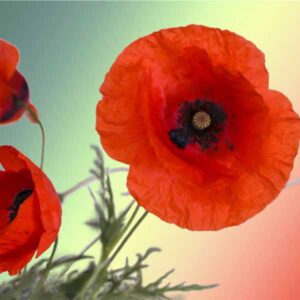
1 review for Poppy Flanders